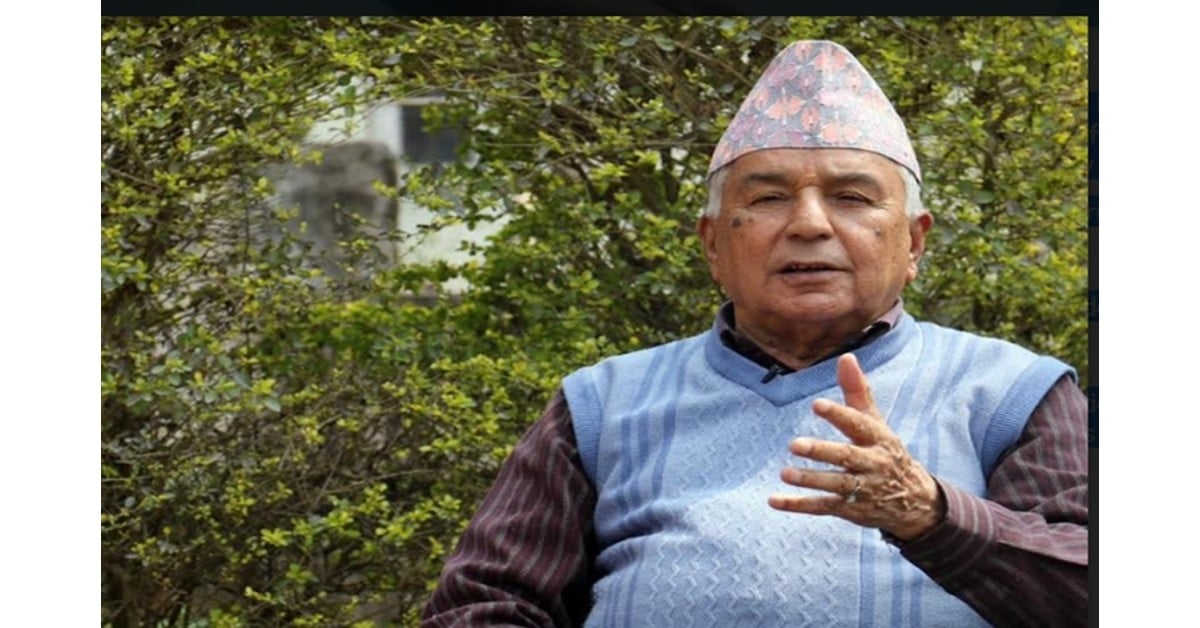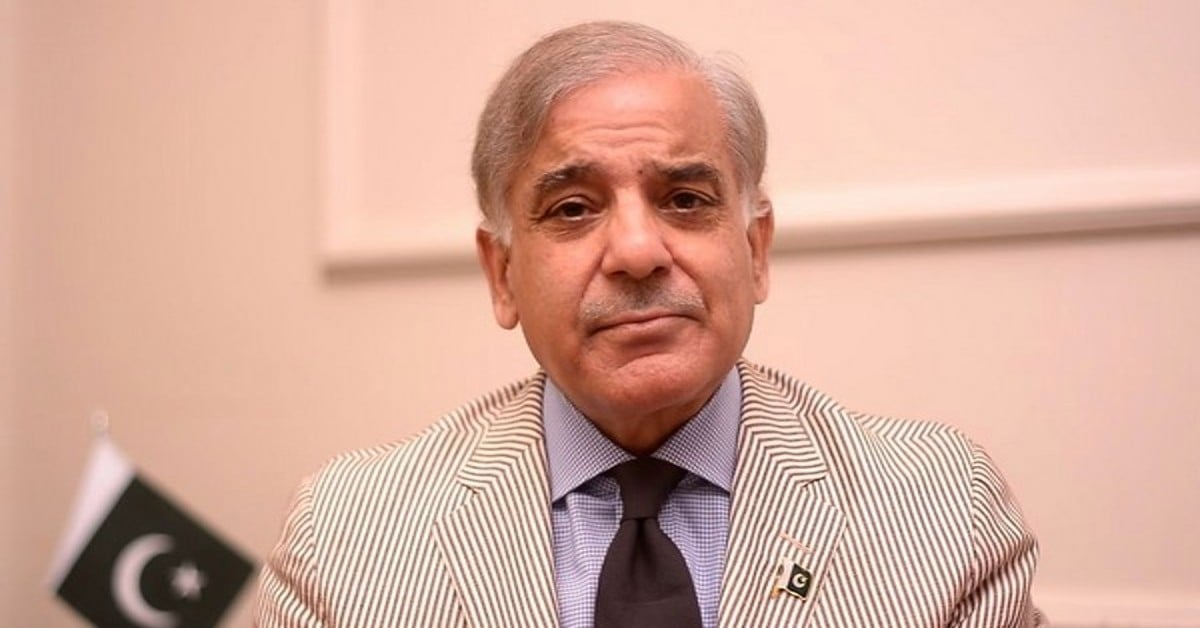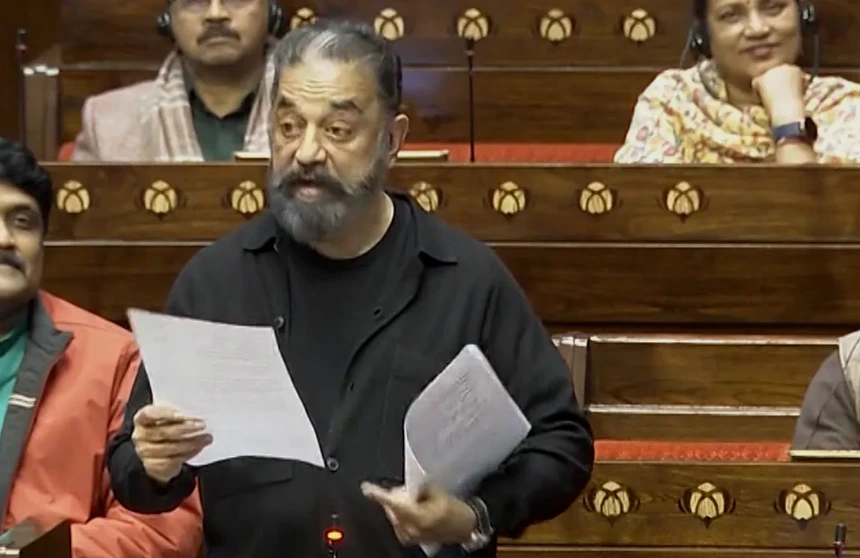Latest world news
Ram Chandra Paudel wins Nepal presidential election
This is the third presidential election in Nepal since the country became a republic in 2008.

Latest world news
Pakistan faces domestic backlash after India secures lower tariffs in US trade deal
India’s US trade agreement has sparked criticism in Pakistan after Islamabad ended up with higher tariffs despite sustained outreach to Washington.
Latest world news
New Delhi free to buy oil from any source, Russia says amid US deal claims
Russia has said India is free to purchase oil from any country, dismissing claims that New Delhi has agreed to stop buying Russian crude under a US trade deal.
Latest world news
Moscow says no word from India on stopping Russian oil purchases
Russia says it has received no confirmation from India on stopping Russian oil purchases, despite Donald Trump’s claim that the move was part of a new India-US trade deal.
-

 India News22 hours ago
India News22 hours agoPM Modi skips Lok Sabha reply as protests force repeated adjournments
-

 Latest world news8 hours ago
Latest world news8 hours agoNew Delhi free to buy oil from any source, Russia says amid US deal claims
-

 Cricket news8 hours ago
Cricket news8 hours agoPakistan PM Shehbaz Sharif confirms boycott of India match at T20 World Cup
-

 Latest world news7 hours ago
Latest world news7 hours agoPakistan faces domestic backlash after India secures lower tariffs in US trade deal
-

 India News4 hours ago
India News4 hours agoManipur Assembly to meet at 4 pm today, floor test likely under new chief minister




